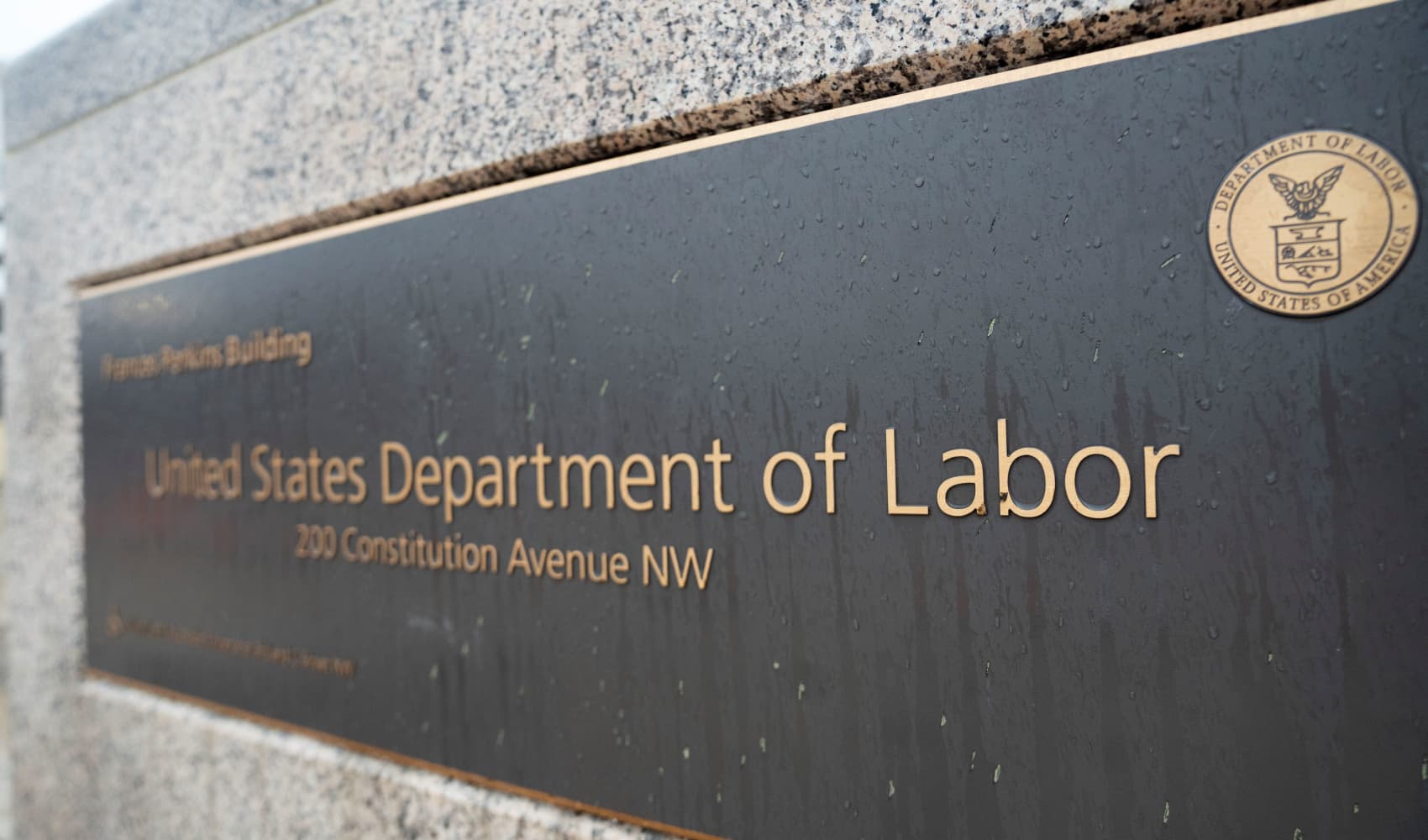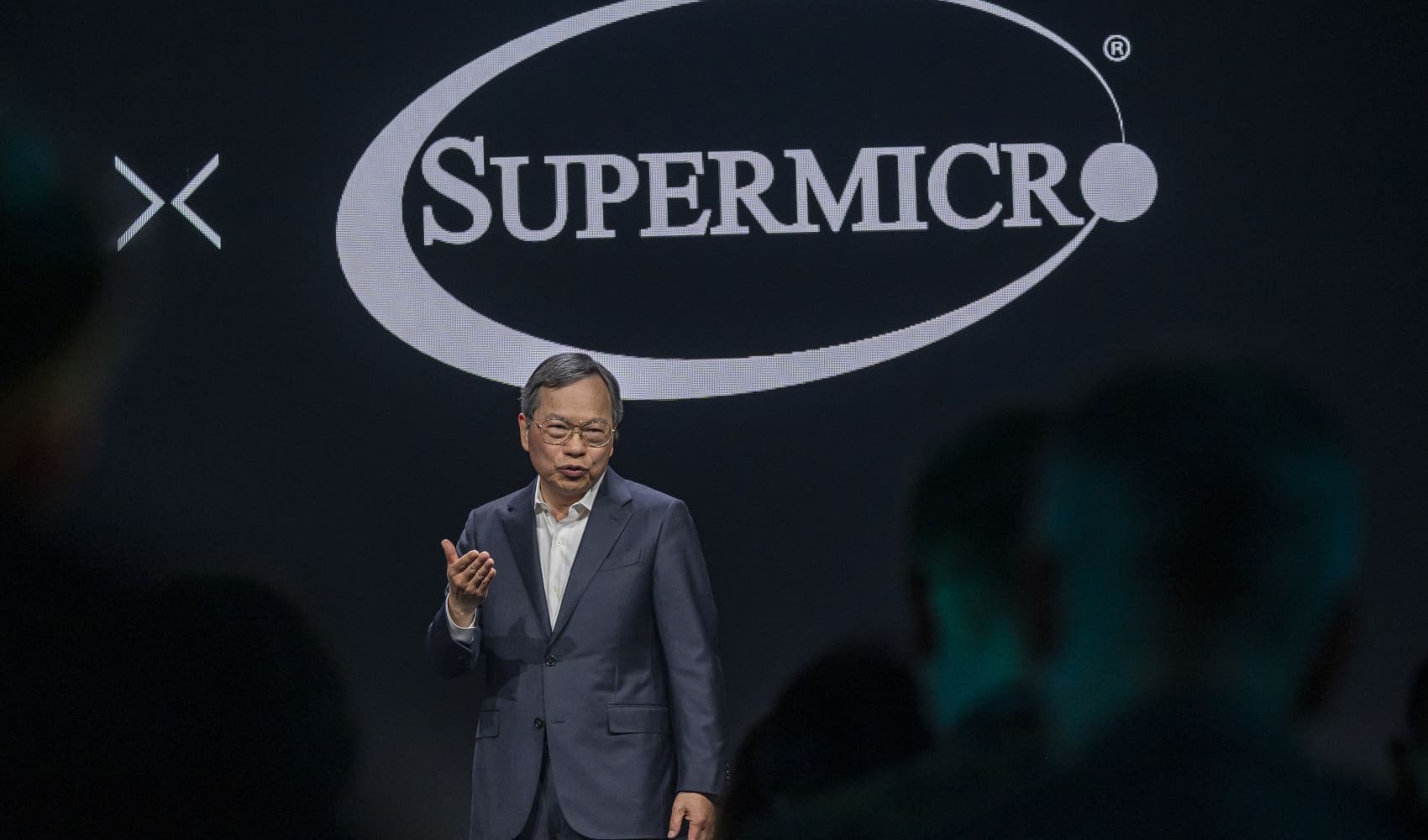
Almost two years after the start of the pandemic, workplace burnout is at an all-time high for American employees. But manager burnout, specifically — and especially among millennials — has become an urgent problem, according to recent research from Gallup and MetLife.
Burnout in people managers increased from 27% in 2020 to 35% in 2021, according to a recent Gallup report. And millennial managers saw the biggest increase in burnout this past year with 42% reporting workplace tiredness and stress; 34% of Gen Z, 27% of Gen X, and 21% of Baby Boomers reported the same, according to a report by Metlife.
So what's causing manager burnout and what can help fix it? Here's what the research and experts say.
Why managers are so stressed
Feeling out of the loop? We'll catch you up on the Chicago news you need to know. Sign up for the weekly Chicago Catch-Up newsletter here.
The "Great Resignation" has caused companies to struggle to fill open positions, which has resulted in additional stress for managers, many of whom then have to work even harder to fulfill daily duties in the workplace. Indeed, only one in four managers strongly agreed that they were able to maintain a healthy balance between work and personal commitments in 2021, says Gallup's report.
The burden of supporting others through such trying times also seemed to hinder millennial managers' own well-being, according to MetLife's report. Though their employees felt more productive and engaged at work, millennial managers reported feeling more overwhelmed now than in December 2020.
Other factors leading to managers' increase in stress include lack of support, unclear communication from leadership, and unmanageable workloads, according to Gallup.
Money Report
Help for managers moving forward
Employers with a larger range of benefits, such as financial planning tools and pet insurance, had healthier millennial managers and decreased burnout levels, according to Gallup. So employers should expect to continue changing their policies and benefits.
"As we reimagine the workforce of the future, employers must consider the varying needs of their managers, and what tools they may need for long-term success," Missy Plohr-Memming, senior vice president of group benefits at MetLife, said in the company's report.
For millennials in particular, those tools include increased training and support in areas more prevalent in the workforce today. For example, 82% of managers wanted more training in people management, while 74% wanted more instruction on managing hybrid and remote teams, according to Metlife.
Personal development training sessions were also favored by millennial managers, with 78% wanting more support with managing personal stress. Additionally, 74% of millennial managers also wanted coaching on addressing sensitive topics in the workplace, such as diversity and inclusion and social justice.
Millennial managers are crucial to the workplace
According to Metlife's report, millennial managers played a key role in creating a culture of strong employee performance in 2021, as their employees were 58% more productive than employees managed by other generations. So it's important to address their burnout.
"The pandemic has changed the way we work, from the way we do our jobs to how we interact with one another, and managers have been tasked with navigating this for their employees," Plohr-Memming said in the report. "As the largest generation in the workforce today, millennials — and particularly those in management roles — have a significant impact on their organization's ability to succeed in the new normal."
Check out:
'The most guilt-ridden, nightmare time of year': how to avoid holiday season burnout at work
The top 5 soft skills employees need to be successful in hybrid workplaces
The book of poetry this workplace happiness expert thinks everyone should read
Sign up now: Get smarter about your money and career with our weekly newsletter






